If you live a plant based lifestyle, it’s safe to say you’ve read one of the many articles about animal products and additives in everyday food. I am left feeling utterly confused and frustrated with the numerous scientific references in ingredient listings on food labels that make no sense. I want my mind to photographically retain the information so I can retrieve it during shopping trips. Problem is, my mind doesn’t work that way and I’m left feeling anxious about whether the funky sounding ingredient in my loaf of bread is made of animal products or not.
It doesn’t help that manufacturers get it wrong too. I excitedly headed to my local supermarket to buy some filo pastry for my new samosa recipe and the Jus-Rol in the frozen section and it clearly states the product is suitable for Vegans. HOWEVER the ingredients list includes L-cysteine an additive made from poultry feathers and pig hair. Yes you read it right. This product is labelled suitable for vegans and yet potentially has animal hair in it. I have contacted the manufacturers and here is what they said “L-Cysteine can be sourced from animal based ingredients. However we can confirm that the ingredient L-Cysteine we use in our products is from a microbiogical source and is not from an animal source.”
I didn’t like that response too much so went back to them for further clarification – why call it L-Cysteine if its not? They have yet to reply.
So I thought it would be useful to list down all the no-no ingredients you should avoid. Its a sort of ‘stick in your pocket’ reminder that can be an easy reference when shopping. Hey by all means, laminate it if you want to! We all know about Whey and Gelatine – this list is about the less obvious ones but is by no means exhaustive. If you want to know more about each ingredient, message me or speak to google 🙂
- L-Cysteine – An additive sometimes found in bread and crackers made from pig hair and duck feathers
- Capric Acid – found in milk and animal fats
- Shellac – Used as a food glaze its made from the secretions of the Lac bug
- Castoreum – Used as a food additive and in some perfumes this comes from the Beaver’s castor sac
- Lanolin – a wax from sheep glands
- Stearic acid (Tallow) – beef or mutton fat
- Natural Carbon – often contains bones
- Isinglass – a substance from the dried swim bladders of fish
- Dashi – a stock made of sardines
- Carmine (E120) – a red pigmant made from scale insects
E Numbers to avoid as not vegan:
E120, E542, E901, E904
E numbers to check as might not be vegan:
E322, E422, E631, E471
Life is becoming easier and there is a definite awareness in mainstream supermarkets about labelling. Sometime in the future I might be able to whizz round the supermarket like I used to quickly checking for the Ve sign instead of taking 12 minutes per purchase googling each of the 24 ingredients!
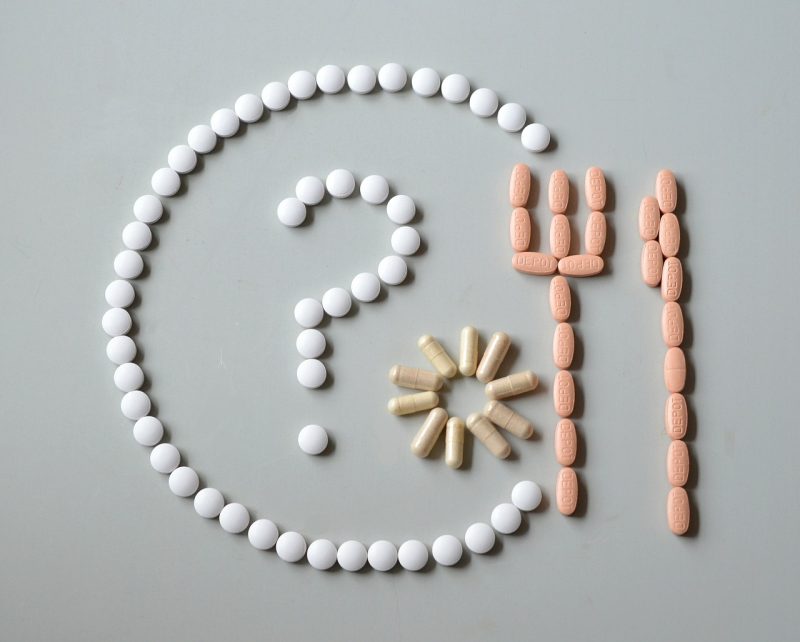
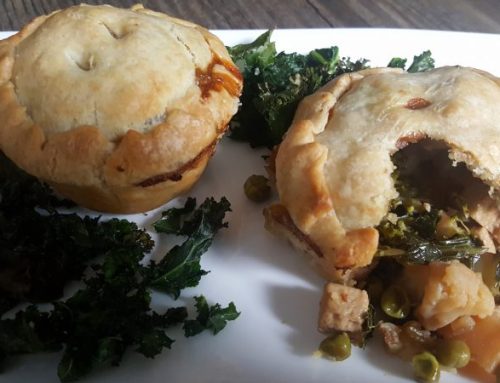
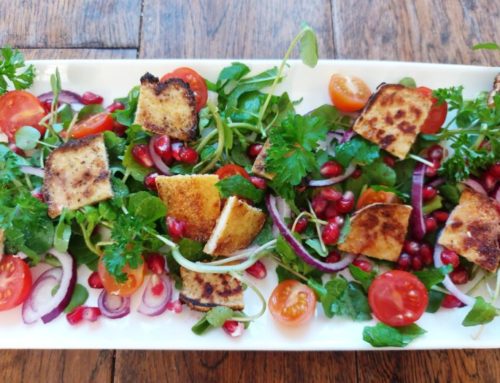
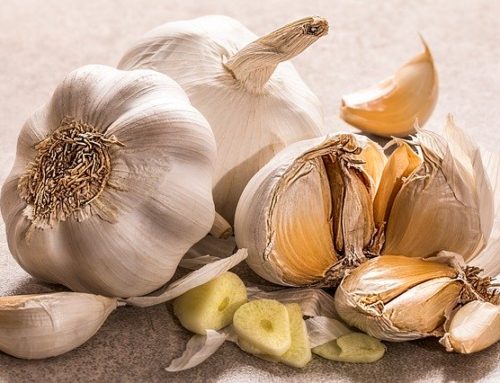
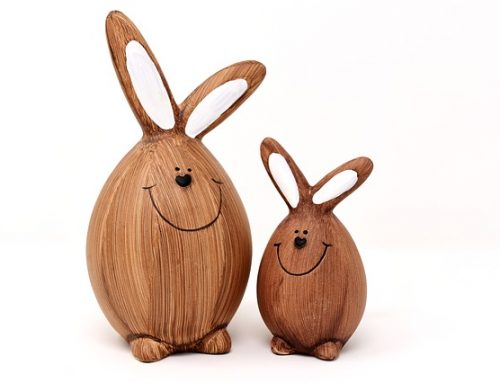
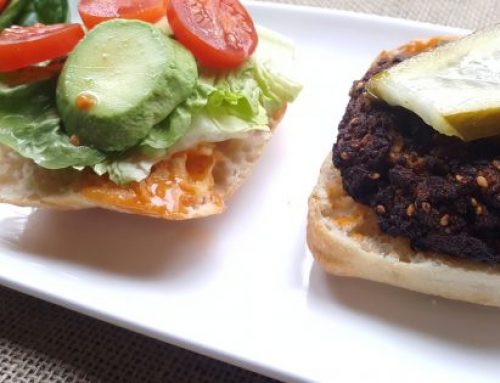
Leave A Comment